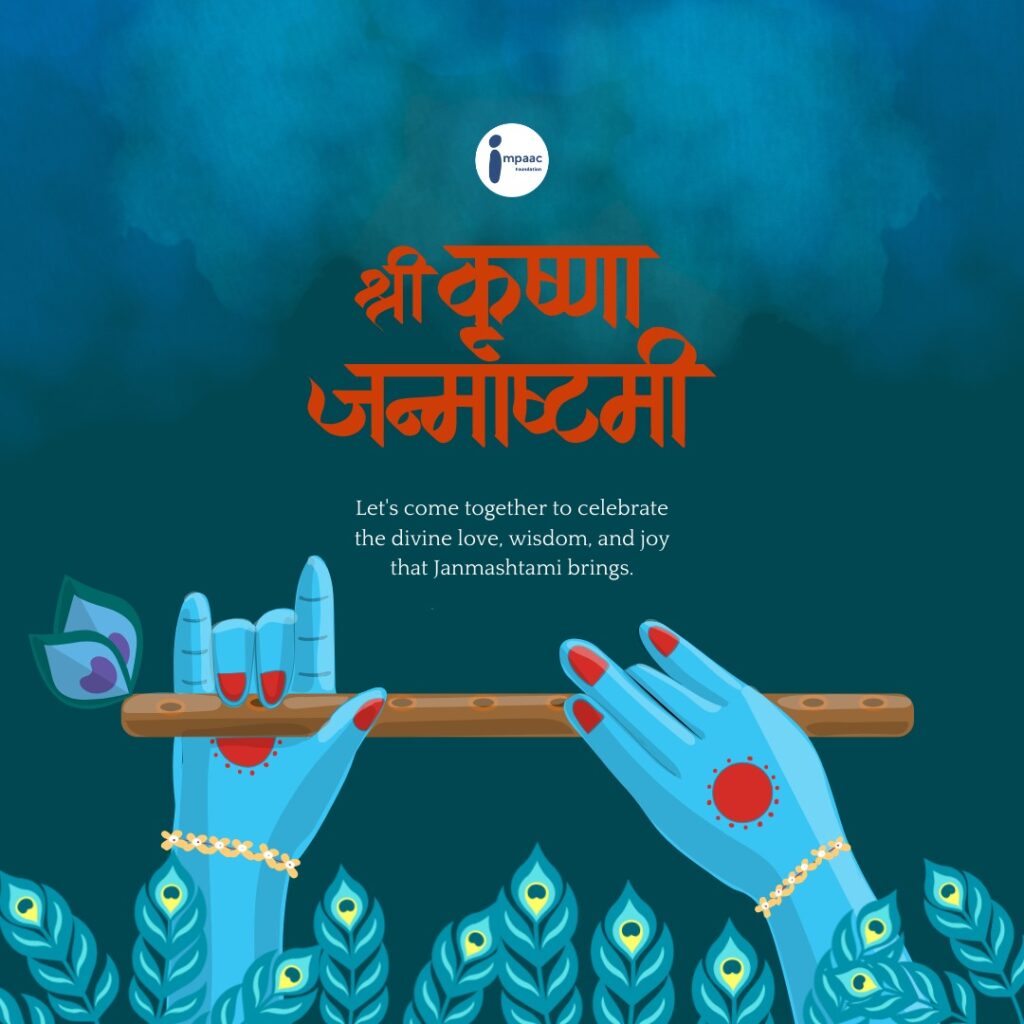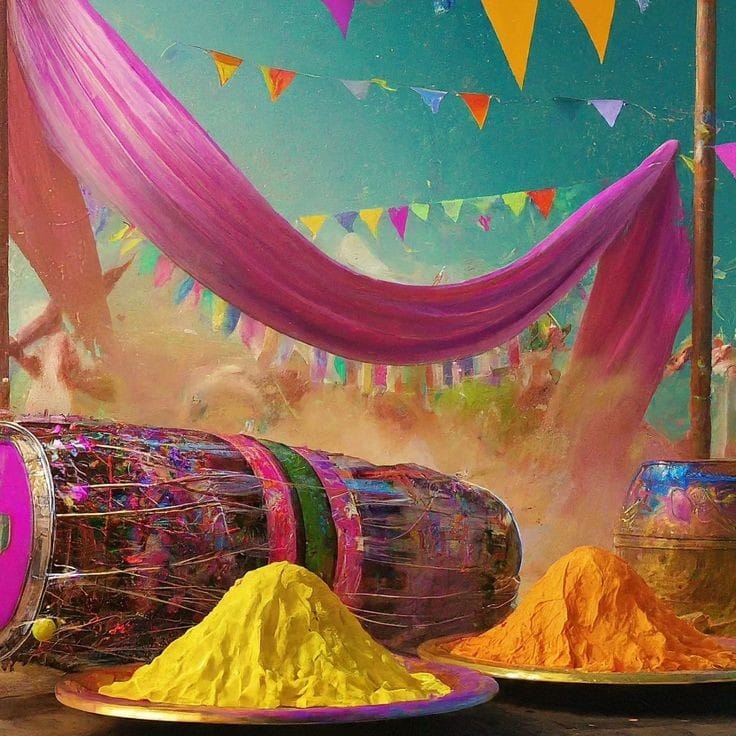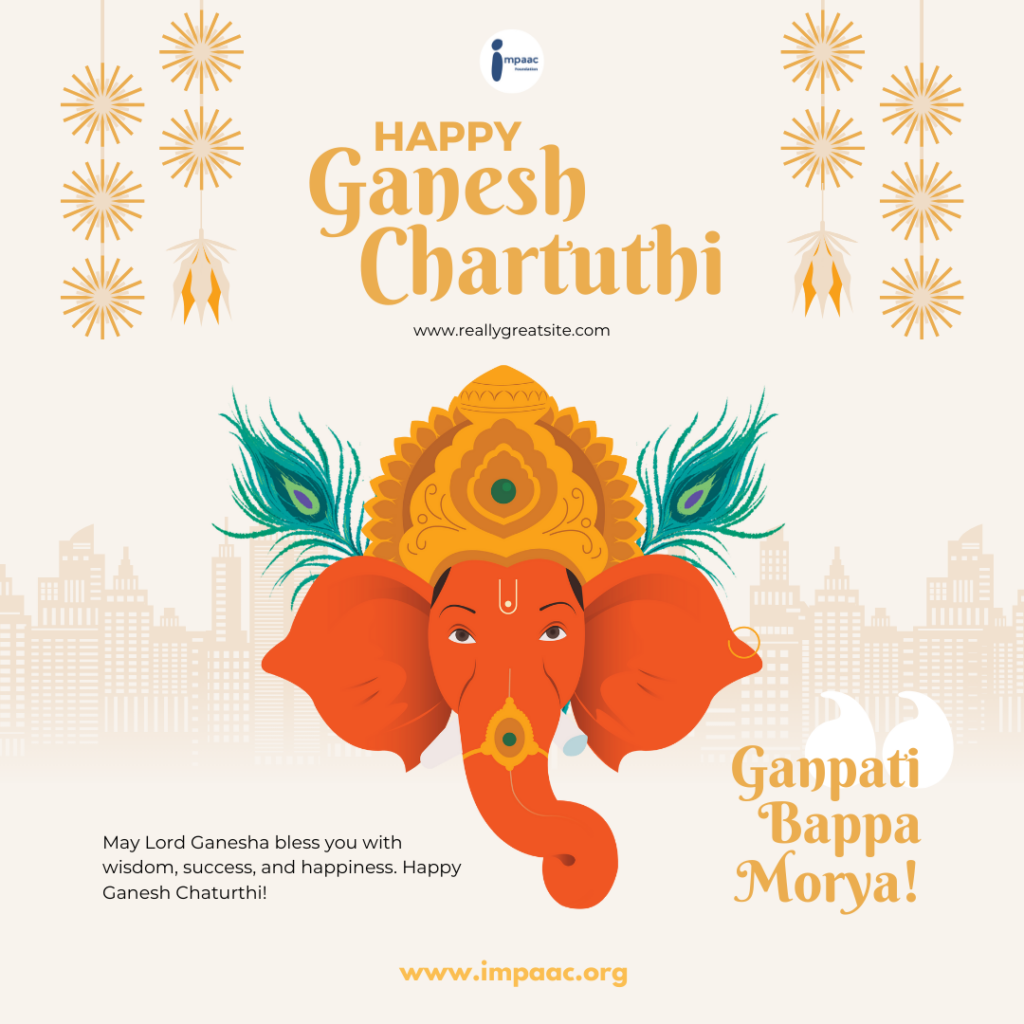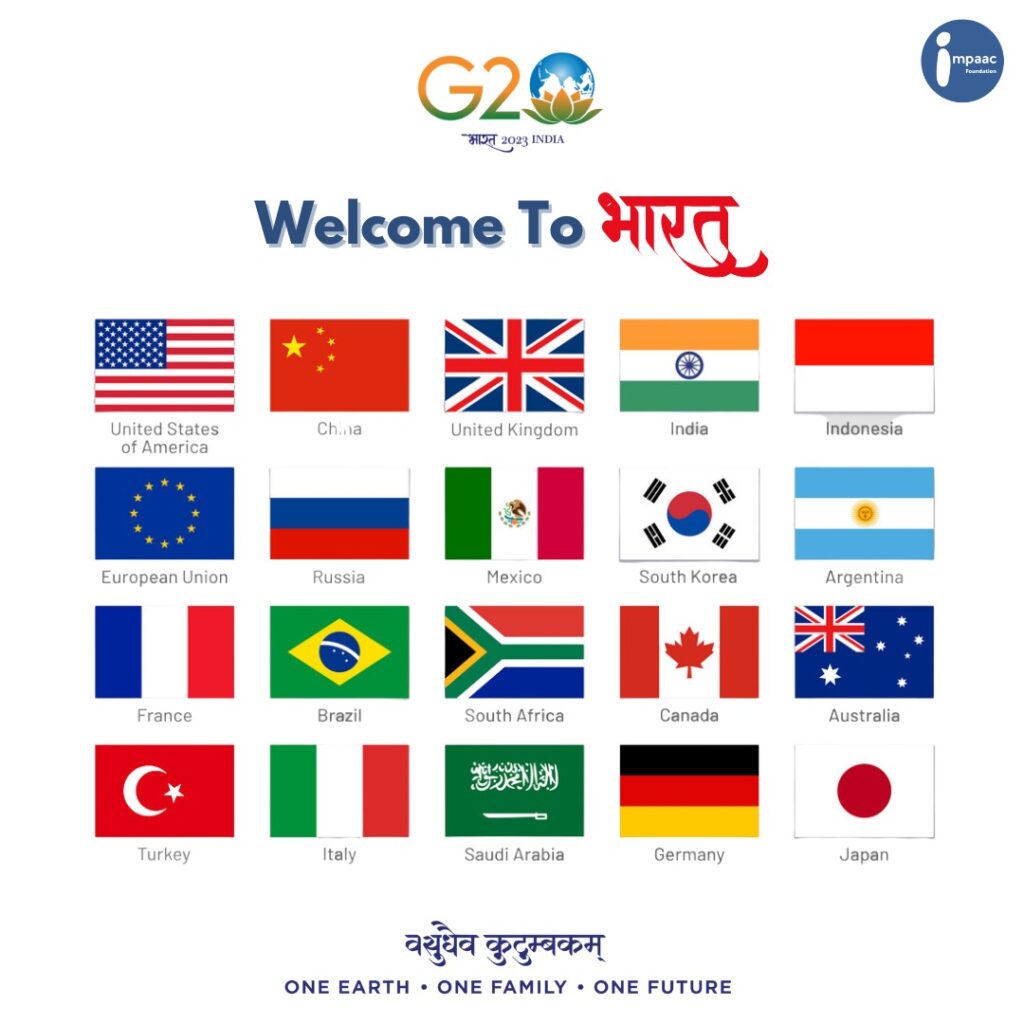Krishna Janmashtami, also known as Gokulashtami or Janmashtami, is one of the most important and widely celebrated festivals in India. It marks the birth of Lord Krishna, the eighth avatar of Lord Vishnu, who is considered the epitome of divinity, love, and wisdom. This auspicious occasion falls on the eighth day (Ashtami) of the Krishna Paksha (dark fortnight) in the month of Bhadrapada in the Hindu calendar, typically occurring in August or September. Let’s delve deeper into the significance, rituals, and celebrations associated with Krishna Janmashtami.
The Significance of Krishna Janmashtami:
Krishna Janmashtami holds immense significance in Hinduism, as it commemorates the birth of Lord Krishna, who played a pivotal role in the epic Mahabharata and is revered as the Supreme Being. Lord Krishna’s teachings, as documented in the Bhagavad Gita, have had a profound impact on spiritual seekers for centuries. His life exemplified the ideals of dharma (duty), love, and righteousness.
Rituals and Traditions:
1. Fasting: Devotees often observe a day-long fast leading up to midnight, the supposed time of Lord Krishna’s birth. Some may choose to consume only fruits and milk during this time.
2. Decorating the Cradle: Many households set up a beautifully decorated cradle or jhula for a miniature idol of the infant Krishna. Devotees place offerings of sweets, fruits, and flowers in the cradle.
3. Midnight Aarti: At midnight, the time of Krishna’s birth, special prayers and aarti are performed in temples and homes. The ringing of bells and singing of devotional songs create an atmosphere of joy and devotion.
4. Dahi Handi: In some regions, a popular tradition known as “Dahi Handi” is observed. Young men form human pyramids to break a pot filled with yogurt, symbolizing Krishna’s love for butter.
5. Bhajans and Kirtans: Devotees gather in temples and homes to sing bhajans (devotional songs) and participate in kirtans (singing of hymns) to express their devotion to Lord Krishna.
Delicious Prasadam:
No Indian festival is complete without scrumptious food offerings, and Krishna Janmashtami is no exception. Devotees prepare a variety of sweets and savory dishes, such as makhan mishri (butter and sugar), panjiri (a sweet dish made from wheat flour and sugar), and various milk-based sweets like rasgulla and peda, to offer to Lord Krishna and distribute as prasadam (blessed food) among family and friends.
Conclusion:
Krishna Janmashtami is a time for devotees to celebrate the divine love and wisdom of Lord Krishna. It’s an occasion filled with devotion, fasting, prayer, and joyous festivities. Whether you visit a temple or celebrate at home, the essence of Krishna Janmashtami lies in connecting with the spirit of love and devotion that Lord Krishna personifies. It is a day when hearts are filled with the joy of Krishna’s divine presence, reminding us of the eternal message of love, duty, and righteousness that He shared with the world.
As you prepare to celebrate Krishna Janmashtami, may you find inspiration in the teachings and life of Lord Krishna, and may this auspicious day bring peace, joy, and spiritual enlightenment to your life.
Happy Krishna Janmashtami!




